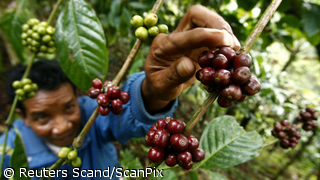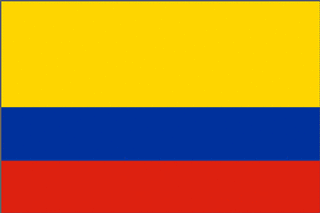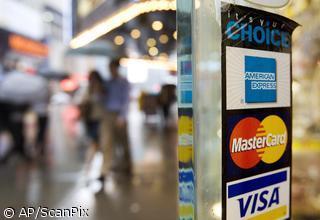It is the only source that can provide a chance for economic breakthrough
Published:
21 March 2005 y., Monday
Money from Russia’s Stabilisation Fund is expected to be invested abroad in dollar-nominated securities, with minimum investment risks and minimum profitability at 2-4%. These funds have until now been kept in Central Bank accounts. This means that a great deal of money will soon appear on the financial markets. On February 1, 2005, the Fund totaled 647.2 billion roubles ($23.1 billion), which mostly came from taxes on oil sales with prices exceeding $20 per barrel and export duties from oil companies.
The crucial question is how this money should be used. Money can only be taken out of the Fund when it has more than 500 billion roubles. Therefore, more than a fifth of its resources can already be used. This is a key issue for Russia’s economy, as the positive overseas market situation in recent years has been almost exclusively responsible for its growth.
However, experts are not tired of repeating that the potential of the resource-oriented Russian economy has been virtually exhausted. The mechanism whereby "we produce oil, sell it and enjoy the benefits" is becoming increasingly less effective. The country is now at a stage when it must introduce an industrial policy. However, any policy only makes sense when there is money to implement it.
Russia’s stock market and banking system do not provide the necessary financing for the real sector of the economy. Direct foreign investment in Russia remains at a very low level, while foreign investment in general is concentrated on either the import of equipment or foreign borrowings. The country obviously needs sources for further growth. The Stabilisation Fund is virtually the only potential source today and a genuine war is being waged for its funds.
Šaltinis:
financialexpress.com
Copying, publishing, announcing any information from the News.lt portal without written permission of News.lt editorial office is prohibited.
The most popular articles
 Commission sets out first finance proposals for Copenhagen pact on climate change.
more »
Commission sets out first finance proposals for Copenhagen pact on climate change.
more »
 The World Bank today approved a US$39.5 million loan for the Rio de Janeiro Sustainable Rural Development Project in southeastern Brazil.
more »
The World Bank today approved a US$39.5 million loan for the Rio de Janeiro Sustainable Rural Development Project in southeastern Brazil.
more »
 The World Bank Board of Executive Directors approved today an additional US$7.8 million for the Colombia Peace and Development Project.
more »
The World Bank Board of Executive Directors approved today an additional US$7.8 million for the Colombia Peace and Development Project.
more »
 In 2008, the total number of non-cash payments, using all types of instruments, increased by 5% to 78 billion in the EU.
more »
In 2008, the total number of non-cash payments, using all types of instruments, increased by 5% to 78 billion in the EU.
more »
 Current economic indicators seem to show a cautious recovery in some of the biggest European economies, such as Germany and France.
more »
Current economic indicators seem to show a cautious recovery in some of the biggest European economies, such as Germany and France.
more »
 Launch Early Operation Phase (LEOP) has been successfully completed and the Palapa-D communications satellite is now in the nominal geostationary orbit (GEO).
more »
Launch Early Operation Phase (LEOP) has been successfully completed and the Palapa-D communications satellite is now in the nominal geostationary orbit (GEO).
more »
 The Supervisory Council of AB DnB NORD Bankas on 8 September 2009 elected Šarūnas Nedzinskas as a member of the bank‘s Management Board.
more »
The Supervisory Council of AB DnB NORD Bankas on 8 September 2009 elected Šarūnas Nedzinskas as a member of the bank‘s Management Board.
more »
 In the last few months farmers across Europe have taken their tractors to the streets to protest at what is being termed the biggest milk crisis for decades.
more »
In the last few months farmers across Europe have taken their tractors to the streets to protest at what is being termed the biggest milk crisis for decades.
more »
 Mobile telecoms companies have pledged to support the EU’s campaign to equip new cars with a device that would automatically call for help in the event of an accident.
more »
Mobile telecoms companies have pledged to support the EU’s campaign to equip new cars with a device that would automatically call for help in the event of an accident.
more »
 Nordic and Baltic countries aim to strengthen cooperation of business and industry stakeholders.
more »
Nordic and Baltic countries aim to strengthen cooperation of business and industry stakeholders.
more »